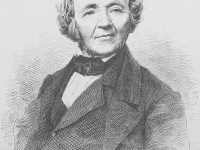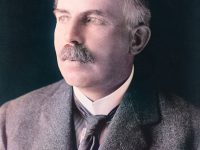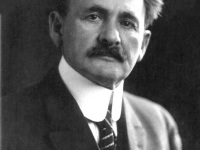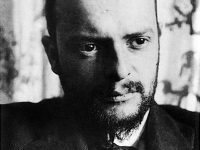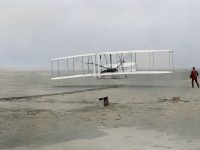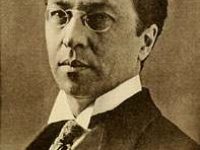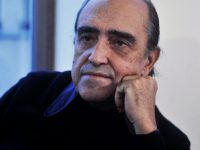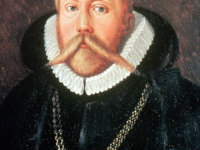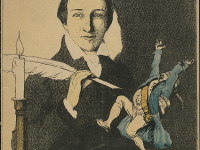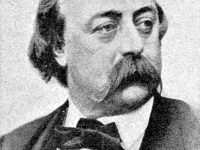Leopold von Ranke – The Father of the Objective Writing of History
On December 21, 1795, German historian Leopold von Ranke, one of the founding fathers of modern source-based history science was born. Building on the methods of the Göttingen School of History, Ranke set the standards for much of later historical writing, introducing such ideas as reliance on primary sources (empiricism), an emphasis on narrative history and especially international politics. “We do not have to judge error and truth par excellence. He rises up…
Read more

